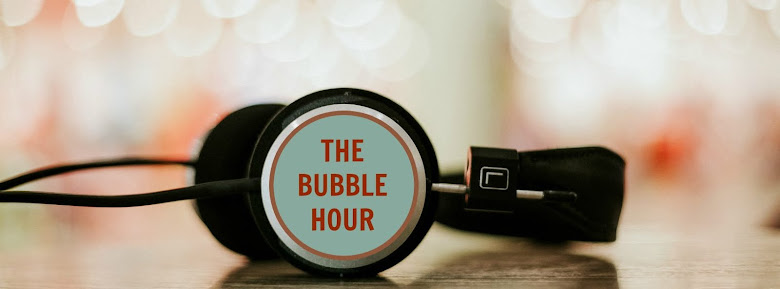Many people think that recovery from drug and alcohol addiction is a lost cause when in reality there are approximately 25-40 million people who consider themselves to be in active, stable long-term recovery. Based on those numbers, most people probably interact with someone in recovery on a daily basis, but they don't even know it because it's not talked about openly. Dr. Kelly and the Recovery Research Institute's mission is change that stigma and show people, through science, that recovery is not only possible, but it is the likely outcome.
On this episode we will talk to Dr. Kelly about addiction, stigma and recovery and how understanding the neuroscience of addiction will help alleviate that stigma.

Dr. John Kelly is the Elizabeth R. Spallin Associate Professor of Psychiatry at Harvard Medical School, the founder and Director of the Recovery Research Institute at the Massachusetts General Hospital (MGH), the Program Director of the Addiction Recovery Management Service (ARMS) and the Associate Director of the Center for Addiction Medicine at MGH. Dr. Kelly is President of the American Psychological Association (APA) Society of Addiction Psychology, and is also a Fellow of APA. He has served as a consultant to U.S. federal agencies such as the White House Office of National Drug Control Policy (ONDCP), the Substance Abuse and Mental Health Services Administration (SAMHSA), and the national Institutes of Health (NIH); to non-Federal institutions, such as the Betty Ford Institute and the Hazelden Foundation; and internationally to the British Parliament Drugs Misuse Taskforce. He is currently an Associate Editor for the journals, Addiction, and the Journal of Substance Abuse Treatment. He has published more than 100 peer-reviewed articles, reviews, and chapters in the field of addiction. His clinical and research work has focused on addiction treatment and the recovery process which has included specific research on the effectiveness of mutual-help groups, such as Alcoholics Anonymous, as adjuncts to formal care. His additional research endeavors have focused on the translation and implementation of evidence-based practice, addiction and criminal justice, addiction treatment theories and mechanisms of action, and reducing stigma associated with addiction. He is a licensed clinical psychologist actively working with individuals and families with alcohol and other drug use disorders.
The Recovery Research Institute (RRI) is a scientific enterprise that will push the agenda for addiction recovery forward by both synthesizing the current evidence base and conducting high quality, novel recovery relevant research. The goal is to disseminate the results such that they may enhance the effectiveness of addiction treatment and empower individuals, families, communities, and our broader society to address these endemic problems with greater impact and efficiency.
In recognition of the increased medical, social and economic burden attributable to substance use disorders, the department is redoubling efforts to expand general knowledge of treatment and recovery to alleviate suffering associated with addiction.
Under the leadership of Dr. John F. Kelly, the RRI will begin to push the agenda for addiction recovery forward by conducting high quality, recovery relevant research, and disseminating and implementing results for the benefit of our communities and broader society. The RRI will become a center for training promising scientists for careers in addiction and recovery research.
To learn more about the Institute and the work they’re doing, you can go to their website www.recoveryanswers.org.
Check Out Lifestyle Podcasts at Blog Talk Radio with
The Bubble Hour on BlogTalkRadio

